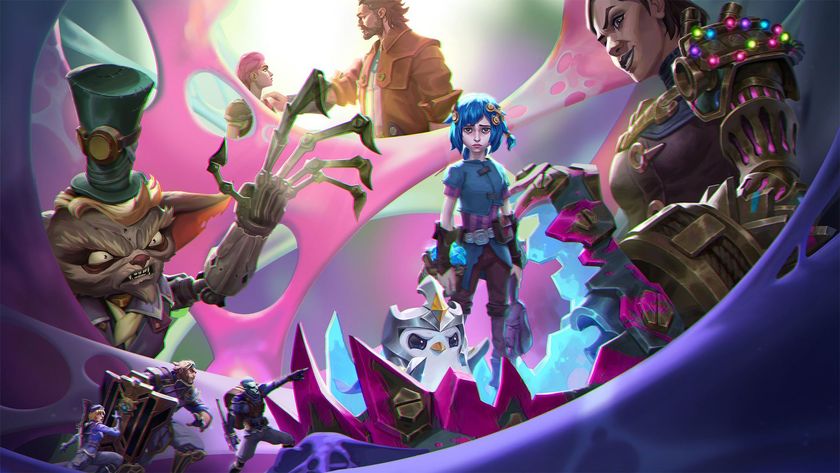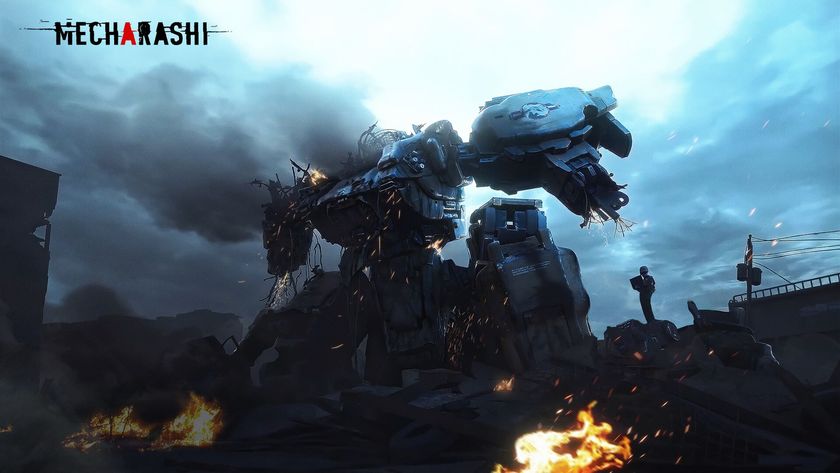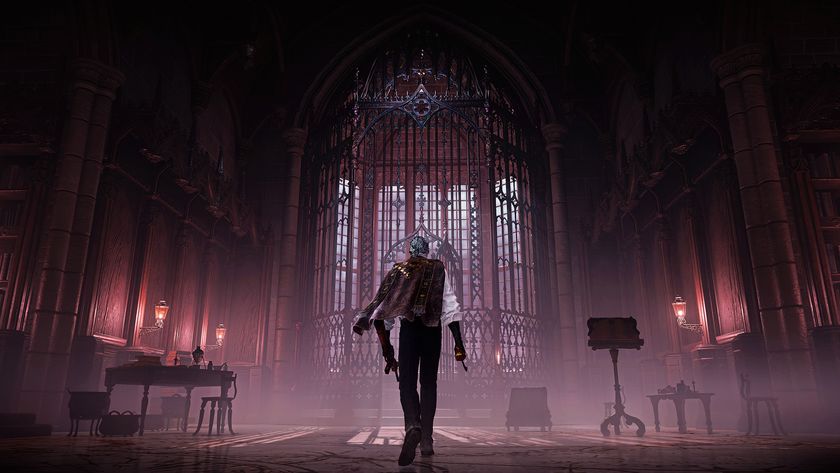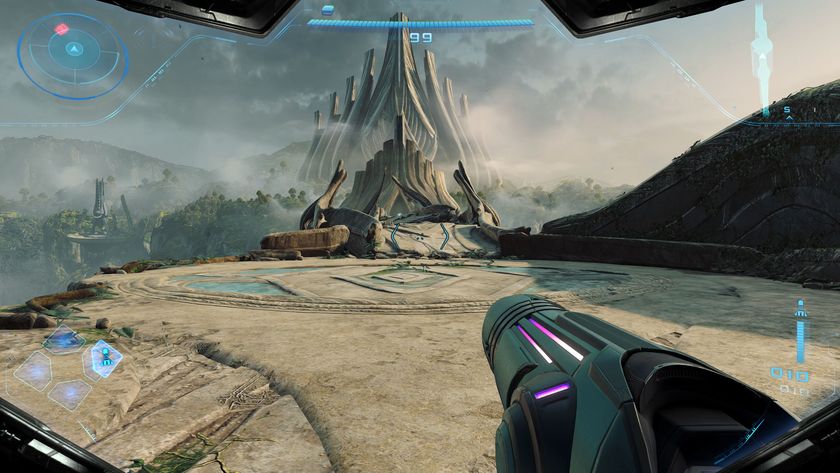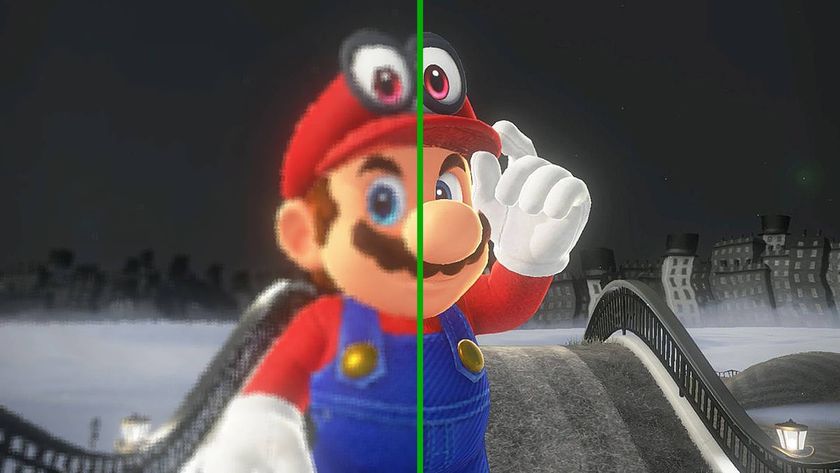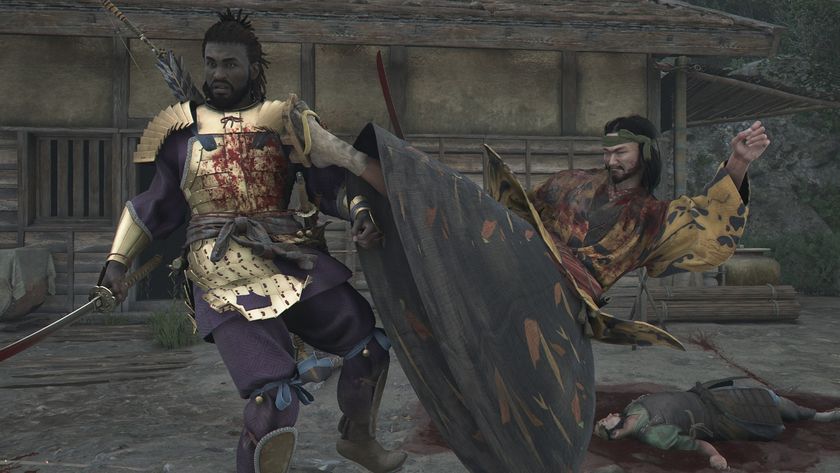StarCraft II - updated hands-on
Spawn more Overlords! The Zerg have returned
In the long months since StarCraft II was announced in the summer of 2007, there have been only fleeting glimpses of the insect-like Zerg faction. But now Blizzard has not only unveiled the new Zerg, who have evolved the most of any of the three sides since the original StarCraft, but also allowed us to play with them! (Disclaimer: Blizzard made it clear that the game is still at least six months from release, and nearly everything about it is in a constant state of flux as the development team tests new ideas to discover the best and most original way to balance the three diverse sides against each other. Anything here could change by release, but this is a snapshot of the game as it exists now).
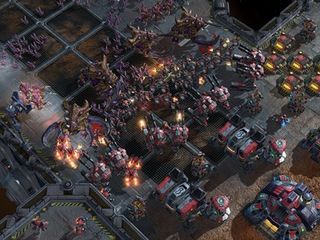
When taking control of the swarm, the first change that jumped out at us was the new-and-improved Zerg Queen. StarCraft’s classic Queen was a high-level support caster unit, but this one is much more what you’d expect from royalty: a formidable defender of the colony. As soon as you build your Spawning Pool, an early structure that lets you hatch Zerglings, the Queen (only one can be alive at a time) can be birthed directly from the Hive. She’s an imposing sight, with long claws for swiping at enemies on the ground and in the air, and she still has some potent casting abilities like Toxic Creep (which damages enemies standing in the Zerg base) and a healing power that can instantly restore several hundred hit points to any structure. She single-handedly saved our butt a couple of times, driving off early raids by Terran Marines with help from the base defense structures that she spawns.
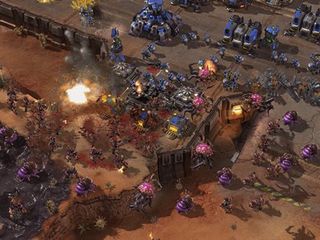
Besides the Queen, the first new unit we had access to was the Roach. Like its namesake, the Roach can be extremely difficult to squash - it’s exceptionally durable due to a Wolverine-like ability to quickly regenerate health when wounded. After a little practice, we learned to burrow wounded Roaches for a few seconds to let them heal up before rejoining the fight; a little micromanagement can drastically increase their survivability. We found them to be particularly effective at soaking up damage to protect a group of Hydralisks, and they’re a nasty addition to a Zergling rush if you’re willing to wait for them before launching your attack.
Sign up to the 12DOVE Newsletter
Weekly digests, tales from the communities you love, and more
